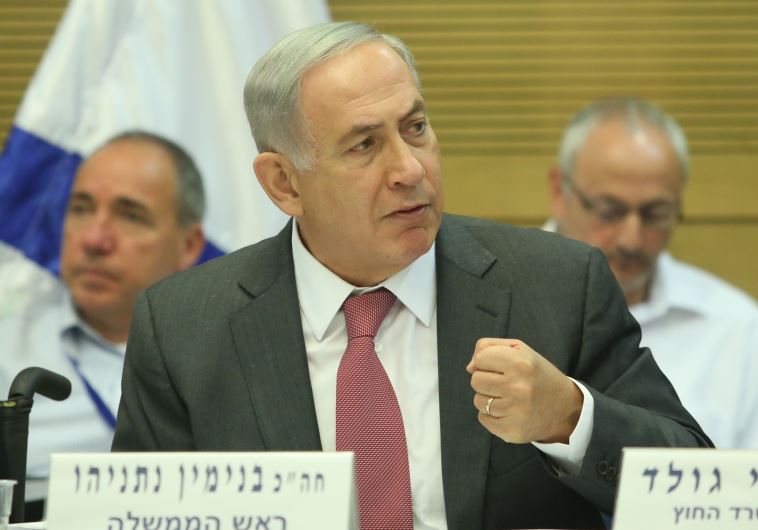Netanyahu meets the media
If I understand correctly one of the few media providers Netanyahu’s hasn’t met with is TV Channel 10.
 Prime Minister Benjamin Netanyahu at the Knesset State Control Committee, July 25, 2016(photo credit: MARC ISRAEL SELLEM)
Prime Minister Benjamin Netanyahu at the Knesset State Control Committee, July 25, 2016(photo credit: MARC ISRAEL SELLEM)